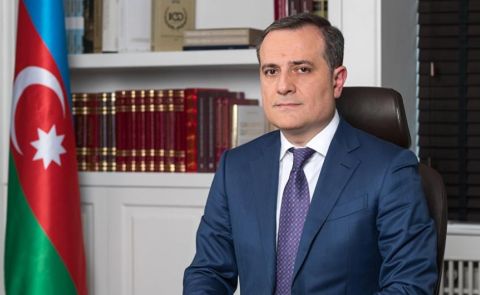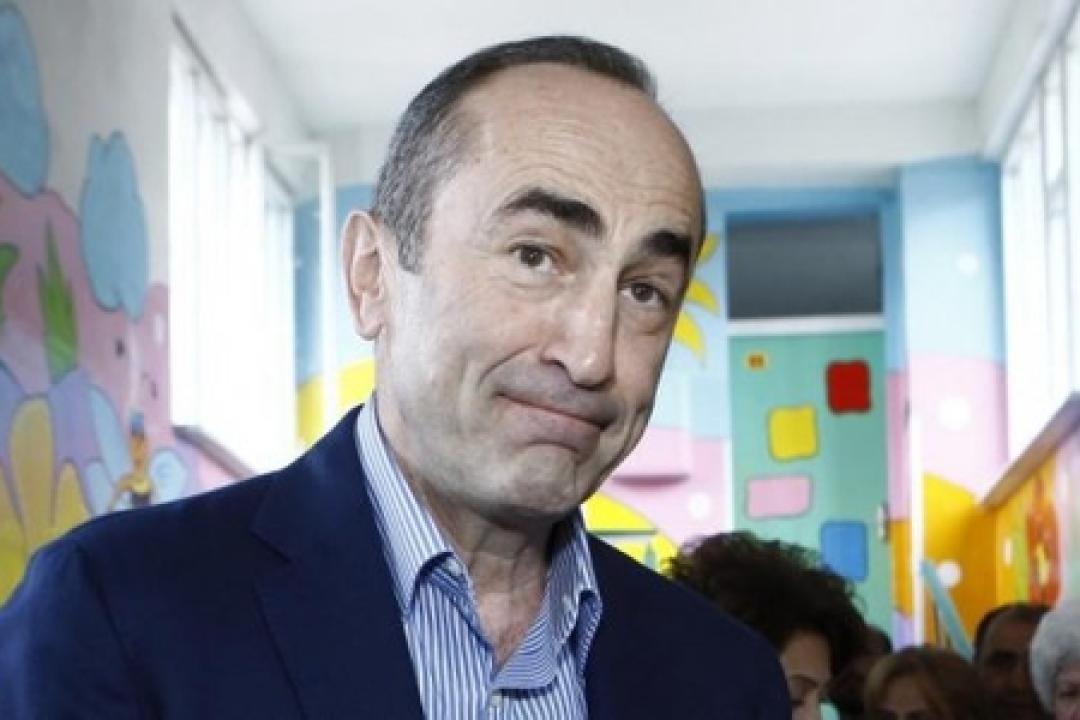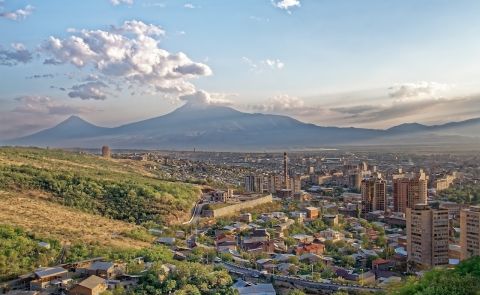
Kocharyan appointed as candidate of opposition bloc for elections; Vanetsyan on Armenia’s political challenges

On 6 May, Armenia’s former President Robert Kocharyan was appointed as the head of the Reviving Armenia and Armenian Revolutionary Federation Dashnaktsutyun (ARF-D) election bloc.
“In view of the critical situation in Armenia and Nagorno-Karabakh and proceeding from the idea and the need to act together with like-minded political forces, the Reviving Armenia party decided to take part in the early parliamentary elections in an electoral alliance with the ARF-D, that will be headed by the second president of Armenia Robert Kocharyan,” read the statement of Reviving Armenia which was established earlier this year by the former governor of Syunik province Vahe Hakobyan.
Kocharyan turned down a proposed political alliance between Armenia’s former Presidents Serzh Sargsyan and Levon Ter-Petrosyan. The idea came from Ter-Petrosyan as an attempt to consolidate opposition to Armenia’s Prime Minister Nikol Pashinyan. According to the draft statement, none of the three presidents would run for public office. The bloc was supposed to consist of public figures, political parties and the representatives of non-governmental organisations.
Ter-Petrosyan said that Kocharyan turned down the offer as he saw it as a threat to the opposition Homeland Salvation Movement, which he said Kocharyan had founded. Kocharyan responded by saying that he did believe it would harm the movement, but his office denied he was behind it. Sargsyan also declined Ter-Petrosyan’s offer to participate in the alliance.
In a press conference, the leader of Armenia’s Fatherland (Hayrenik) party Artur Vanetsyan stated that the country’s security system and the economy were not ready to open borders with Turkey. “This issue must be withdrawn from the agenda in general until the restoration of Armenia’s security system and preparation of the economy to the possible opening of the borders. To speak about it at this phase and keeping the issue on the agenda is simply impermissible,” he stated.
Vanetsyan also spoke about the dangerous trend of the frequent changing of directors of Armenia’s National Security Service (NSS), saying that the institution changed 5 directors in the last 3 years. The former first deputy director of NSS, Lieutenant-General Hrant Yepiskoposyan said that only with powerful consolidation and strong mobilisation it would be possible to save the country from collapse.
In the meantime, the National Assembly of Armenia adopted at the 1st reading the bill on amendments to the Electoral Code and the package of bills attached to it. The legislative package envisages enshrining the conduct of pre-election debates on the Public TV by the force of law, expanding the list of expenses made by the foundations, significantly reducing the possibility of increasing the number of parliamentarians. It also envisages reduction of the threshold for passing to the parliament for parties from 5% to 4%, while increasing that for blocs of parties – 8% for blocs comprising up to 3 parties and 10% for blocs comprising over 4 parties.
See Also


Nordic-Baltic Delegation Meets Armenian Leaders to Discuss Regional Cooperation and Peace

Azerbaijan Strengthens Energy Partnerships with Multiple Countries

BP Strengthens Presence in Azerbaijan’s Offshore Energy Sector

Netanyahu’s Letter to Aliyev: Mutual Trust, Solidarity Following Hamas Attacks, Facilitating Dialogue Between Israel and Türkiye

